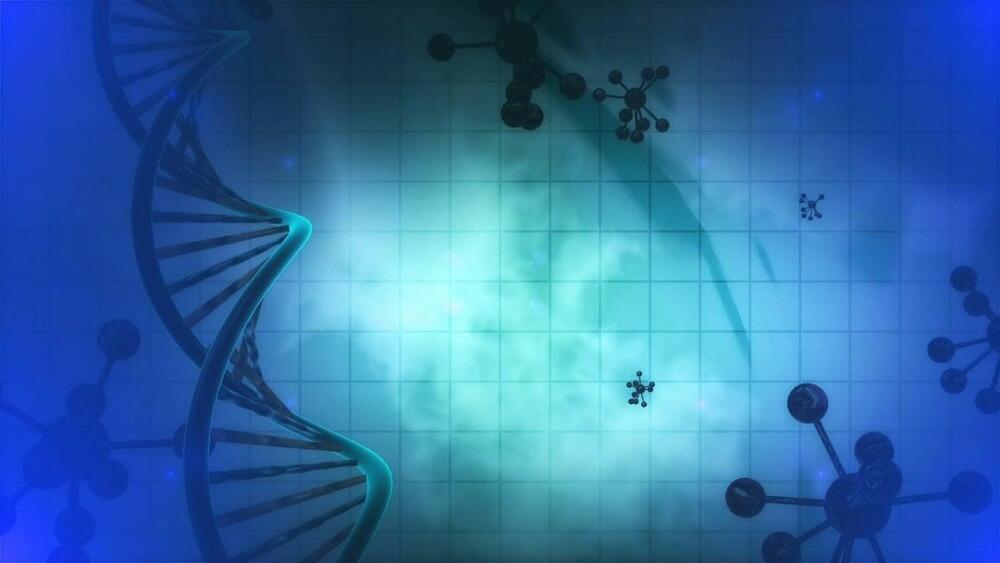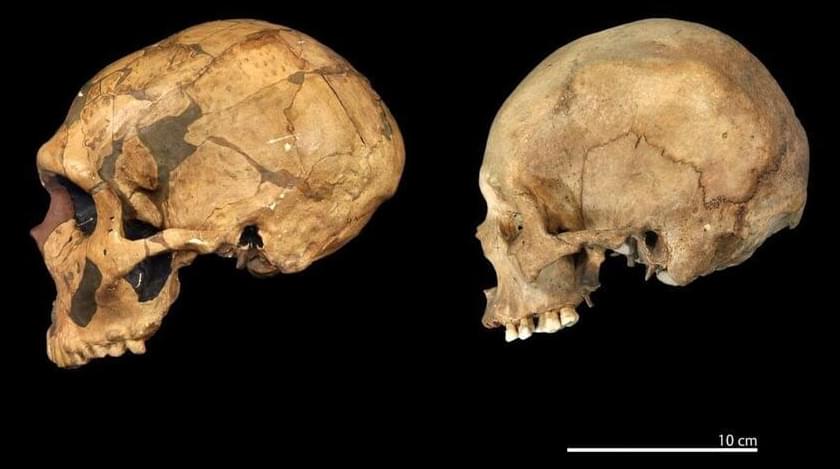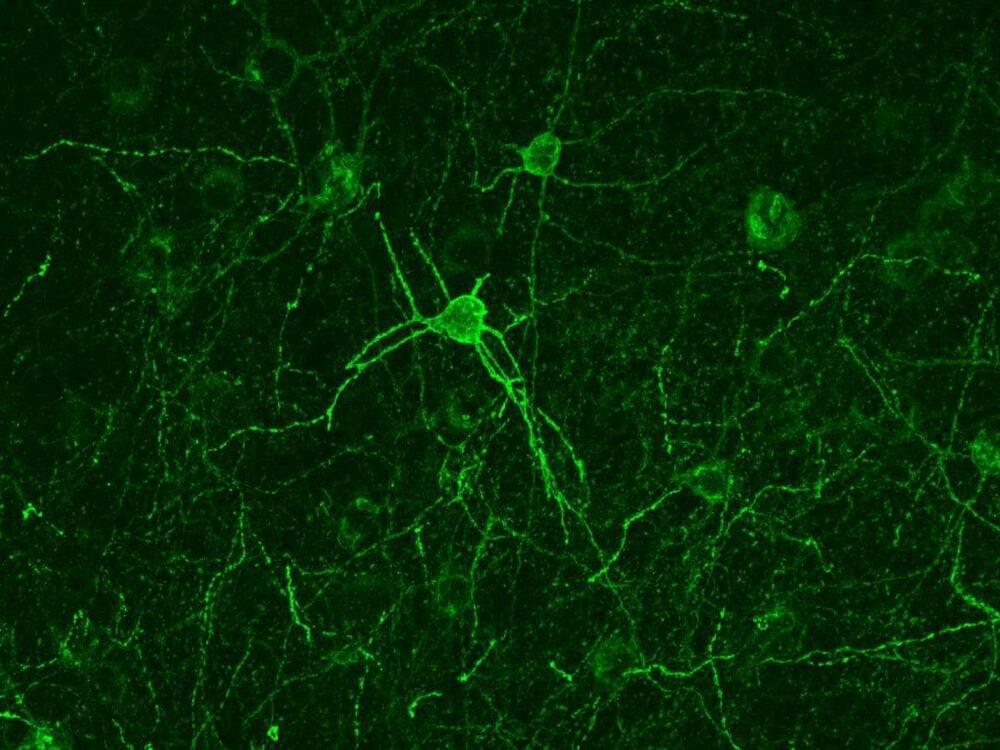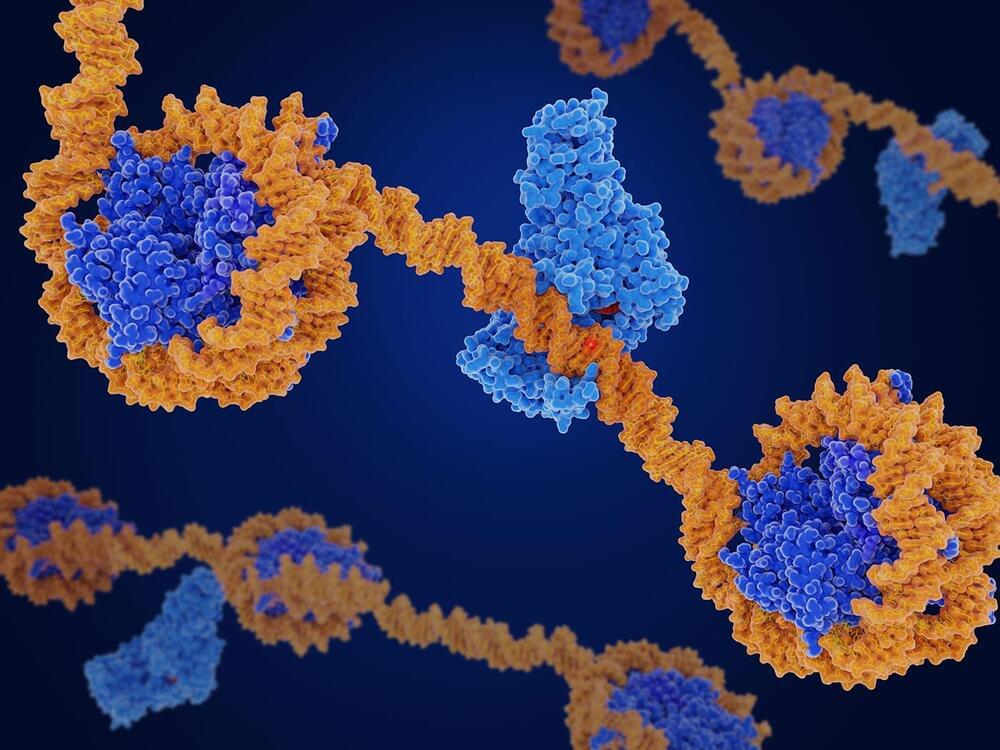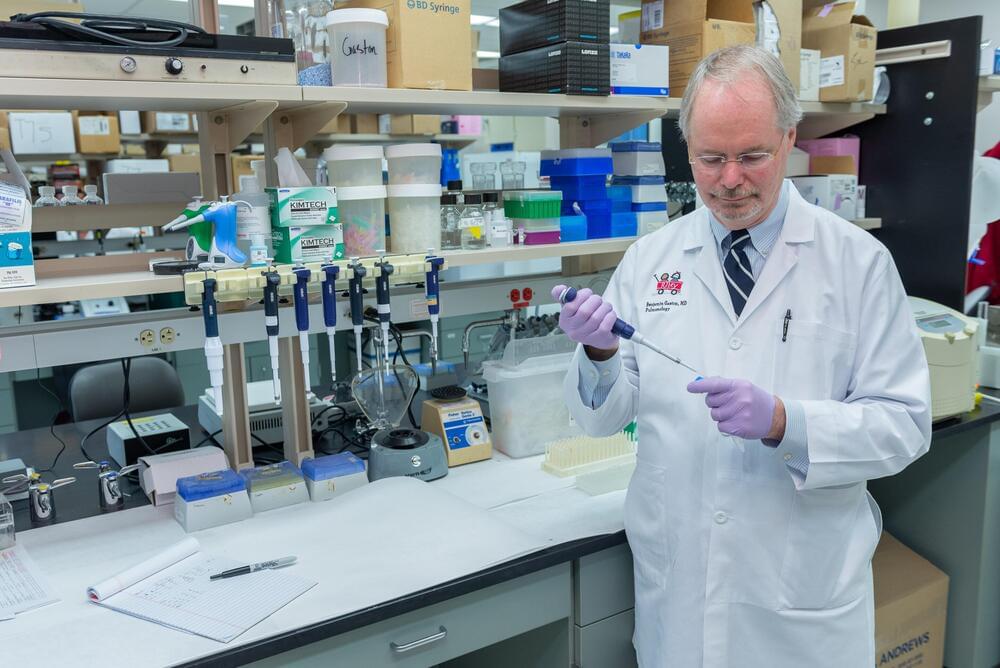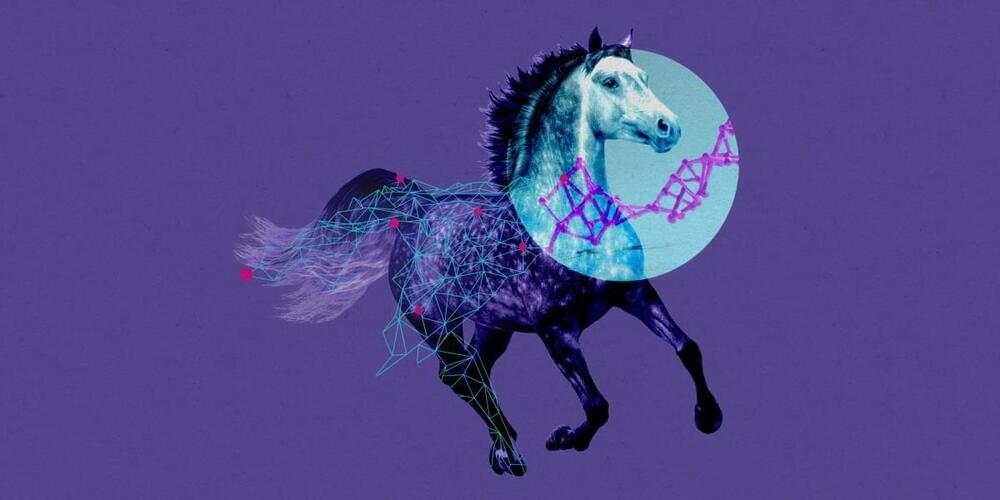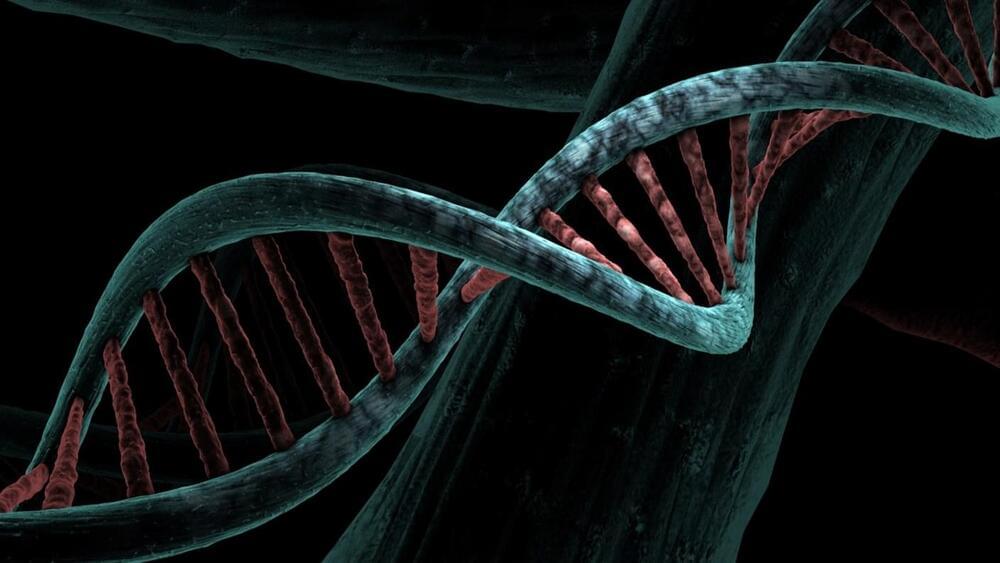Dr. Marta di Forti: “Our study indicates that daily users of high potency cannabis are at increased risk of developing psychosis independently from their polygenic risk score for schizophrenia.”
Is there a connection between cannabis use and developing psychosis? This is what a recent study published in Psychological Medicine hopes to address as an international team of researchers investigated how frequent cannabis use combined with a genetic predisposition for schizophrenia could lead to developing psychosis later in life. This study holds the potential to help researchers, medical professionals, and the public better understand how to identify the signs of psychosis in cannabis users and take necessary steps to address them as soon as possible.
For the study, the researchers conducted an observational study by obtaining data records of almost 150,000 individuals registered in United Kingdom and European Union medical databanks, one of which was the European Network of National Schizophrenia Networks Studying Gene-Environment Interactions (EU-GEI), to examine records regarding patients who self-reported use and psychosis diagnoses. In the end, the researchers discovered a connection between individuals who self-reported lifetime frequent cannabis use and psychosis diagnoses, specifically regarding high potency cannabis which contains 10 percent or greater Delta-9 tetrahydrocannabinol (THC).
“These are important findings at a time of increasing use and potency of cannabis worldwide,” said Dr. Marta di Forti, who is a Professor of Drug use, Genetics, and Psychosis at King’s College London and a co-author on the study. “Our study indicates that daily users of high potency cannabis are at increased risk of developing psychosis independently from their polygenic risk score for schizophrenia. Nevertheless, the polygenic risk score for schizophrenia might, in the near future, become useful to identify those at risk for psychosis among less frequent users to enable early preventative measures to be put in place.”


